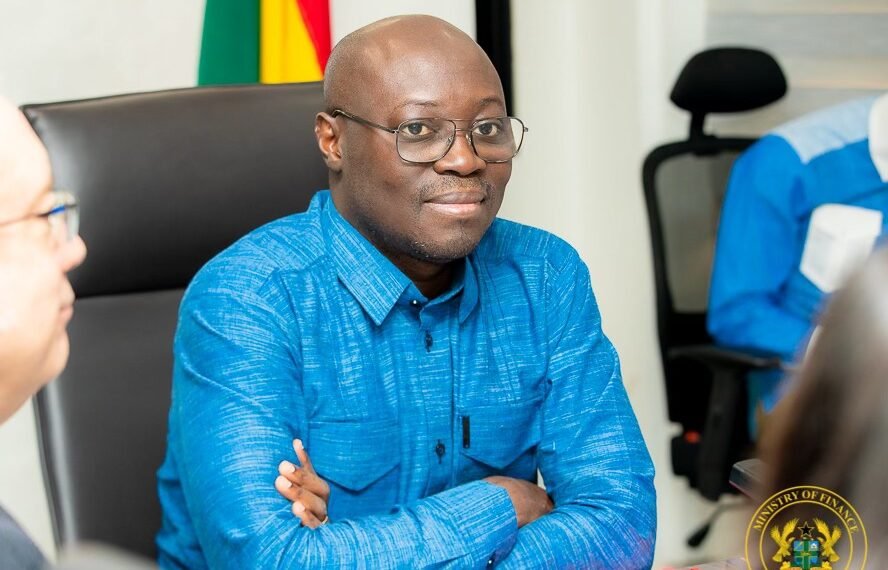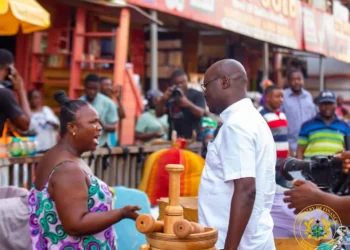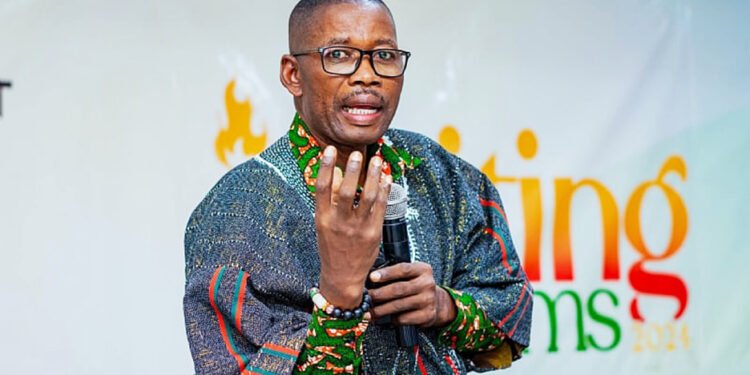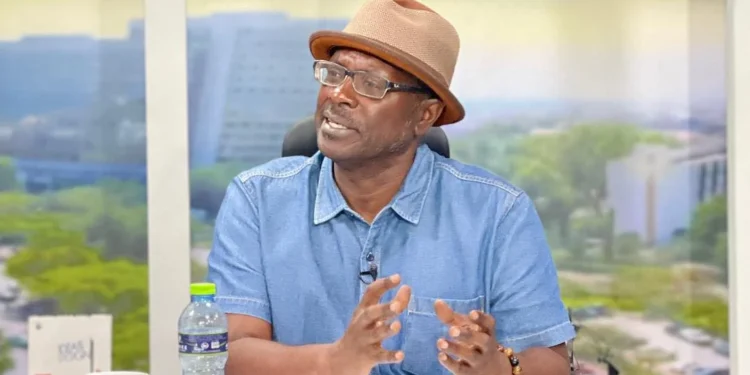Ghana’s Finance Minister, Dr. Cassiel Ato Forson, has pledged a fresh start for the Development Bank Ghana (DBG), vowing to restore the institution’s credibility and secure its central role in advancing the country’s transformation agenda.
His assurance follows a high-level meeting with key development partners, where the Deloitte Audit Report on the bank was a central point of deliberation.
In a statement issued after the meeting, Dr. Forson disclosed that the discussions brought together major stakeholders, including the World Bank, the African Development Bank (AfDB), Germany’s KfW, and the European Investment Bank (EIB). The gathering, he said, produced a unified position: that decisive action must be taken to address the challenges identified by the audit.
“The Audit Report will be handed over to the Attorney General for the necessary legal steps,” Dr. Forson confirmed, signaling that accountability would no longer be deferred. He explained that while past lapses may have undermined DBG, the government is determined to ensure that the institution fulfills the purpose for which it was created. “I stressed that the past is behind us, and a new dawn has begun for DBG,” he declared.
The Finance Minister emphasized that the reset for DBG would not only be about legal action against wrongdoers but also about structural reforms. He disclosed that the bank is finalizing its Corporate and Action Plans, designed to reposition it as a stronger and more sustainable institution.
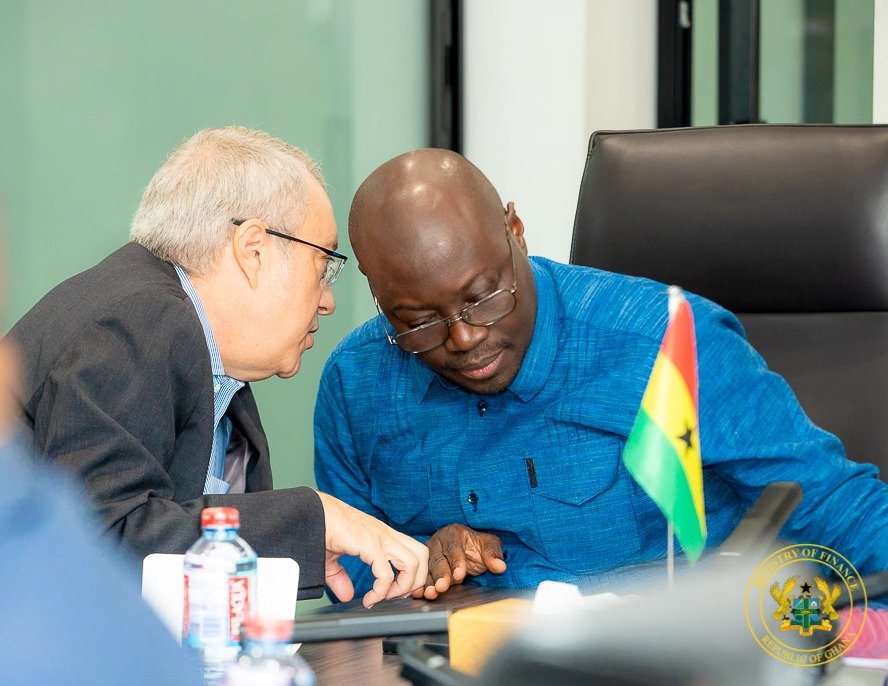
According to him, accountability would remain a cornerstone of the bank’s operations going forward. “I also reminded the new management and Board that accountability is non-negotiable and those who contributed to weakening the institution will be held responsible,” he said.
Commitment to Ghana’s Transformation Agenda
Dr. Forson noted that President John Dramani Mahama remains resolute in ensuring DBG becomes an effective vehicle to support Ghana’s transformation agenda. The bank, he explained, was conceived as a development finance institution with the mandate to provide long-term financing to key sectors of the economy, including agriculture, industry, and infrastructure. Weak governance, however, had in recent years stalled its progress and undermined public confidence.
To restore trust, Dr. Forson outlined immediate steps being taken. By Monday, he announced, a new Chief Executive Officer, selected through a competitive process, would be formally appointed. Furthermore, by the end of October, a new Board will be fully constituted. These measures, he argued, will ensure competent leadership and sound governance, setting the stage for DBG to deliver on its mandate.
Albert Essien, DBG’s Interim Board Chair, reaffirmed the bank’s commitment to a renewed path anchored on transparency, accountability, and prudent governance. His remarks, Dr. Forson indicated, were warmly welcomed by development partners, who expressed support for the government’s efforts to clean up and reposition the institution.
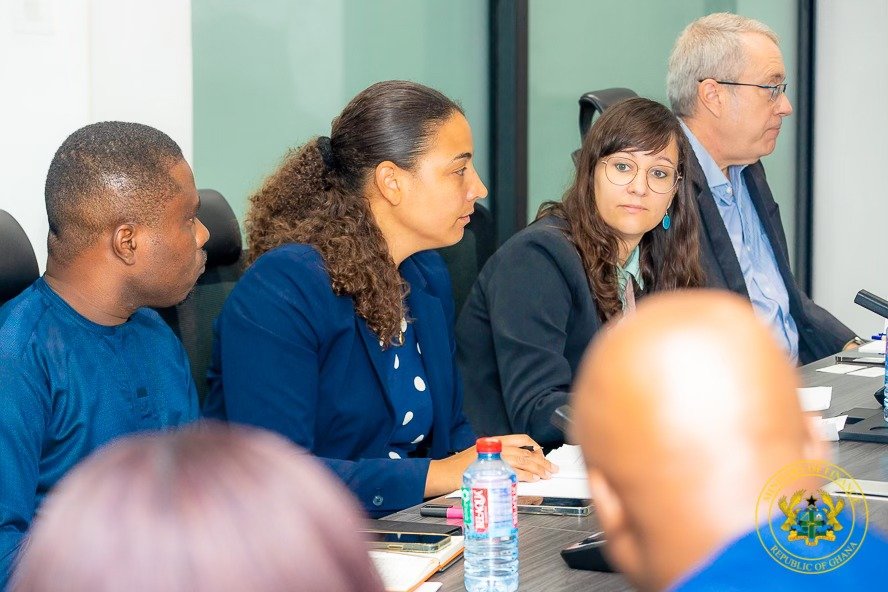
The consensus reached with partners marks a critical moment for DBG, whose establishment was intended to fill a major financing gap in Ghana’s development landscape. Traditional commercial banks have often been reluctant to provide long-term credit for strategic sectors due to high risks and short-term profitability considerations. DBG was designed to fill this void by offering patient capital that could unlock investment in critical areas.
For DBG to regain traction, governance reforms must be accompanied by strong systems that prevent political interference and ensure the bank operates with technical independence. The decision to subject the audit report to the Attorney General’s scrutiny is seen as a step toward enforcing accountability and deterring future lapses.
The Finance Minister’s remarks also carry political undertones. By stressing that “a new dawn has begun,” he presented the government’s effort as a turning point, moving away from past mismanagement toward a culture of responsibility and efficiency. This positioning could help rebuild confidence among stakeholders, including international partners whose financial support remains vital to DBG’s operations.
Dr. Forson’s assurances come at a time when Ghana is seeking to reset its economy after years of fiscal strain and external shocks. Institutions like DBG are expected to play a catalytic role in mobilizing capital, driving industrialization, and supporting small and medium enterprises (SMEs). Analysts argue that without a functioning and credible development bank, Ghana risks missing opportunities to accelerate inclusive growth and job creation.
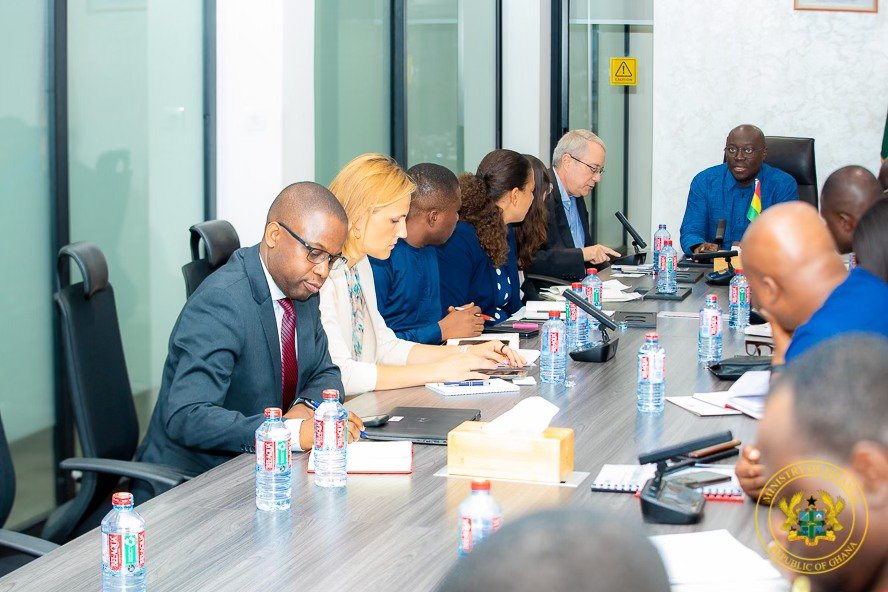
By committing to transparency and accountability, the Finance Minister underscored the government’s determination to ensure DBG is not derailed by mismanagement again. His closing message captured both resolve and optimism: “Those who contributed to weakening the institution will be held responsible. But the past is behind us. A new dawn has begun for DBG.”
With new leadership soon to be installed and the backing of major development partners, the coming months will prove crucial in determining whether the Development Bank Ghana can shed the shadows of its past and emerge as a trusted pillar of the nation’s economic transformation.
READ ALSO: Oil Prices Surge as Russia Extends Fuel Export Ban

